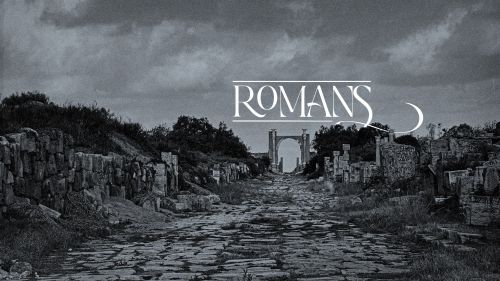No Condemnation

This week we are in Romans 8:1-11.
If given the opportunity to choose a “last meal,” what would you pick? It’s a question I’ve heard as an icebreaker in a group setting. Some people really get into describing their favorite foods, prepared a specific way by a family member or restaurant.
I have a hard time answering this question for a couple reasons. First, I really like a lot of different foods so it’s just not obvious to me which I would call my single favorite. Second, I get distracted when thinking about this question because, while not the intent of the exercise, it elicits thoughts of a condemned prisoner awaiting execution. Instead of focusing on that juicy cheeseburger or big bowl of Cajun chicken pasta, I imagine a guard handing it to me through an opening in my cell door where I am counting down my final hours. I breathe deeply the aroma of the meal before me, but the spell is broken by the echoing footsteps of the executioner somewhere out there in the spartan, concrete hallway.
I realize this is a dark thought. (As a quick aside, this is an example of why we introverted over-thinkers are not great at icebreakers). My difficulty in answering this as a fun question is partially due to my introversion and partially due to the emotional weight of condemnation, even if only imagined.
But sometimes the condemned are granted pardons.
Therefore, no condemnation now exists for those in Christ Jesus, because the Spirit’s law of life in Christ Jesus has set you free from the law of sin and of death. What the law could not do since it was limited by the flesh, God did. He condemned sin in the flesh by sending His own Son in flesh like ours under sin’s domain. and as a sin offering, in order that the law’s requirement would be accomplished in us who do not walk according to the flesh but according to the Spirit. (Romans 8:1-4 HCSB)
The harsh footsteps of the executioner have been replaced by the gentle footfalls of nail-pierced feet.
From the hymn “I Stand Amazed in the Presence”, written by Charles Hutchinson Gabriel:
I stand amazed in the presence
Of Jesus the Nazarene,
And wonder how He could love me,
A sinner condemned, unclean.
How marvelous! How wonderful!
And my song shall ever be:
How marvelous! How wonderful!
Is my Savior’s love for me!
OK, now hand me that bowl of Cajun chicken pasta.
By Mark Stuart
Mark is the husband of Laura, father of Shelby and Jacob (Bailey), and grandfather of Charley.











